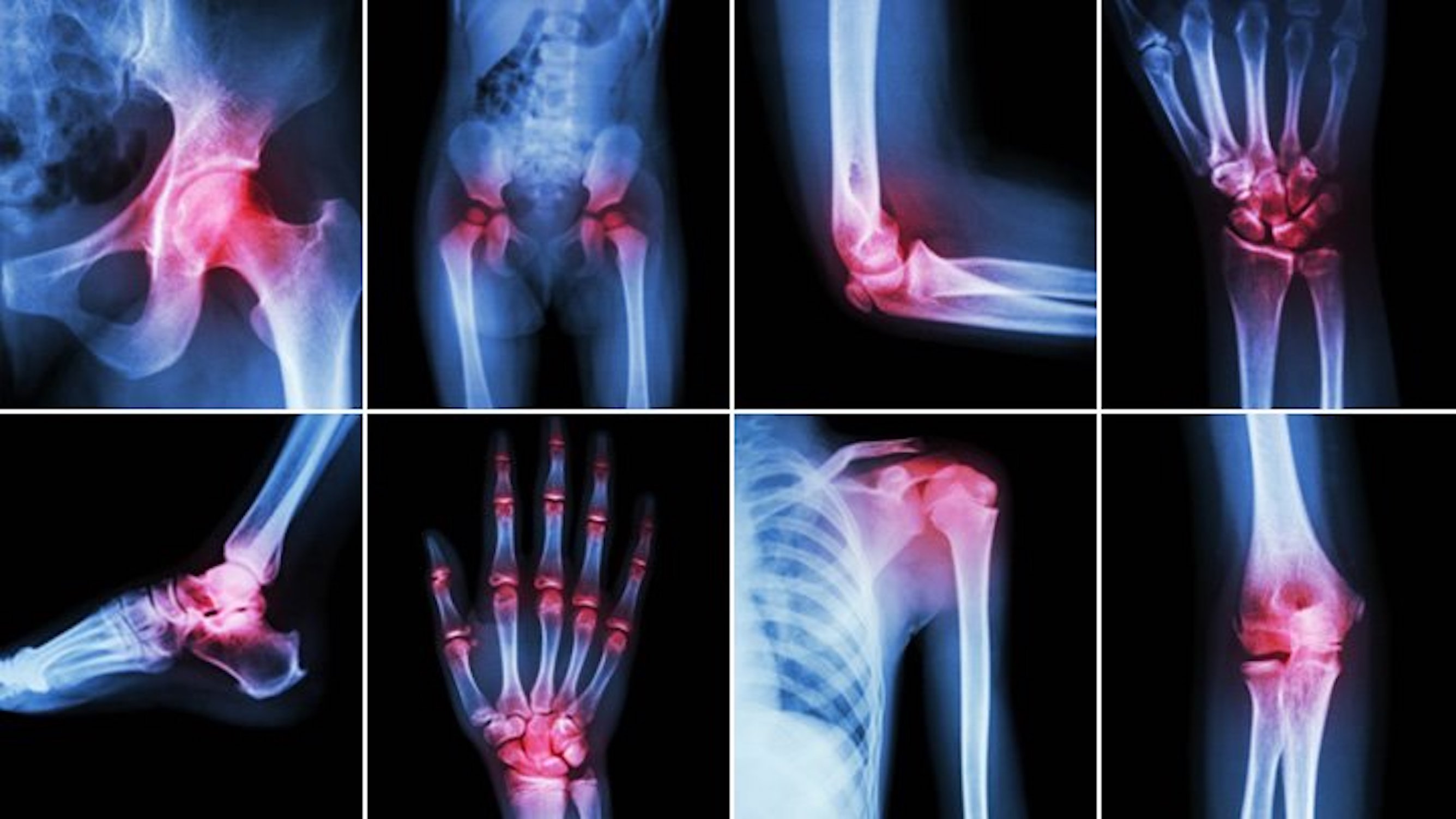A study found that monocyte chemotactic protein-1 (MCP-1) is a strong prognostic indicator of asymptomatic diastolic dysfunction (DD) in patients with psoriatic arthritis. The findings were reported in Disease Markers.
Researchers sought to assess disease activity in psoriatic arthritis (DAPSA), using clinical and laboratory parameters, as well as DD via echocardiography. Serum MCP-1 concentrations were assessed via ultrasound (median, 366.6 pg/mL vs 277.5 pg/mL in controls; P<.0017).
According to the results, patients with psoriatic arthritis with a serum MCP-1 concentration higher than the cutoff value of 347.6 pg/mL had a higher chance of developing DD than those with lower serum MCP-1 concentrations by over 7-fold, with ultrasound showing a specificity of over 86% and sensitivity of 55%. Patients with higher MCP-1 concentration level exhibited, among other things, a higher late peak diastolic mitral inflow velocity, A-wave value, a lower E/A ratio, peak systolic left atrial reservoir strain, and higher early peak diastolic displacement of the mitral septal annulus, E’ wave value (P=.003) compared with the control arm.
The researchers concluded that DAPSA score in this patient population might indicate the need for echocardiography and treatment adjustment.
Reference: Bursać IU, Kehler T, Drvar V, et al. Predictive value of monocyte chemoattractant protein-1 in the development of diastolic dysfunction in patients with psoriatic arthritis. Dis Markers. 2022. doi:10.1155/2022/4433313









